May 16, 2017
Three workplace managers walk into a bar … and the rest is no joke 0
 This is a long tale, but a worthwhile one to tell, and something that many of you will relate to, especially if you have anything to do with workplace design or management. Three managers walk into a bar. This is always a good place to start. They each have gender-neutral names, so I’ll leave you to work out whether they may be male or female. Not that it even matters in this context. Frankie gets there first. “Hi. Large glass of wine please. What do you have?” The bartender pauses, then replies: “We have … red … or … um … white. Um … oh, and fizzy and pink”. Frankie thinks for a moment, dismisses the idea of a cocktail or a short, then orders a beer. It’s a corporate training centre after all. What would you expect in a place like this? An extensive wine list?
This is a long tale, but a worthwhile one to tell, and something that many of you will relate to, especially if you have anything to do with workplace design or management. Three managers walk into a bar. This is always a good place to start. They each have gender-neutral names, so I’ll leave you to work out whether they may be male or female. Not that it even matters in this context. Frankie gets there first. “Hi. Large glass of wine please. What do you have?” The bartender pauses, then replies: “We have … red … or … um … white. Um … oh, and fizzy and pink”. Frankie thinks for a moment, dismisses the idea of a cocktail or a short, then orders a beer. It’s a corporate training centre after all. What would you expect in a place like this? An extensive wine list?







 As alarm grows in some circles over the impact of technology on future job prospects, a new survey suggests that Millennial’s jobs are likely to be at lower risk of automation. Research into how different generations choose jobs by jobs site Indeed compared the online search patterns of millions of UK jobseekers over the six months to March and found that younger people are substantially more likely to choose roles deemed to be at lower risk of automation. Nearly half of younger jobseekers were drawn to automation-resistant jobs, compared to fewer than four in 10 over-50s. These baby boomers are two thirds more likely than millennials to seek the manual jobs at highest risk of automation. While nearly half of millennials (48 percent) were searching for what economists term ‘non-routine’ roles, 61.1 percent of baby boomers were looking for ‘routine’ jobs. Routine jobs – which include sales, admin, transport and construction roles – are seen as being at higher risk of automation than non-routine work, which includes management, professional and service roles.
As alarm grows in some circles over the impact of technology on future job prospects, a new survey suggests that Millennial’s jobs are likely to be at lower risk of automation. Research into how different generations choose jobs by jobs site Indeed compared the online search patterns of millions of UK jobseekers over the six months to March and found that younger people are substantially more likely to choose roles deemed to be at lower risk of automation. Nearly half of younger jobseekers were drawn to automation-resistant jobs, compared to fewer than four in 10 over-50s. These baby boomers are two thirds more likely than millennials to seek the manual jobs at highest risk of automation. While nearly half of millennials (48 percent) were searching for what economists term ‘non-routine’ roles, 61.1 percent of baby boomers were looking for ‘routine’ jobs. Routine jobs – which include sales, admin, transport and construction roles – are seen as being at higher risk of automation than non-routine work, which includes management, professional and service roles.


 A majority of workers (65 percent) now feel comfortable requesting to work from home, while a third (33 percent) of UK employees would decline a job offer if they weren’t able to work flexibly. This is according to a new study from Maintel which claims that today’s multi-generational workforce prefers flexible working to traditional office hours and location; with flexible work policies perceived as an important workplace benefit. Nearly three quarters (73 percent) of respondents say the company they work for has good flexible work policies in place, 64 percent of remote workers don’t feel micromanaged, and 58 percent would take the opportunity to spend even less time in an office, if it were available. Well over half (60 percent) of respondents believe technology can replace in-person interaction in the workplace. Yet there remain challenges with flexible work, including indifference regarding the security of company data (66 percent) and distractions at home (31 percent).
A majority of workers (65 percent) now feel comfortable requesting to work from home, while a third (33 percent) of UK employees would decline a job offer if they weren’t able to work flexibly. This is according to a new study from Maintel which claims that today’s multi-generational workforce prefers flexible working to traditional office hours and location; with flexible work policies perceived as an important workplace benefit. Nearly three quarters (73 percent) of respondents say the company they work for has good flexible work policies in place, 64 percent of remote workers don’t feel micromanaged, and 58 percent would take the opportunity to spend even less time in an office, if it were available. Well over half (60 percent) of respondents believe technology can replace in-person interaction in the workplace. Yet there remain challenges with flexible work, including indifference regarding the security of company data (66 percent) and distractions at home (31 percent).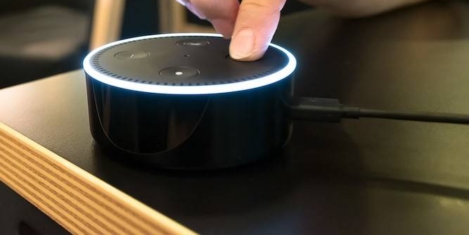



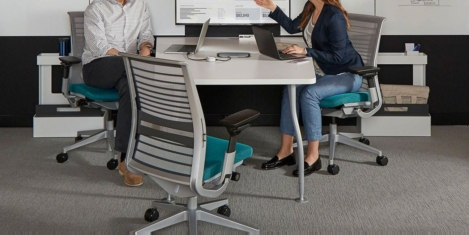
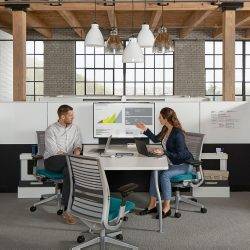
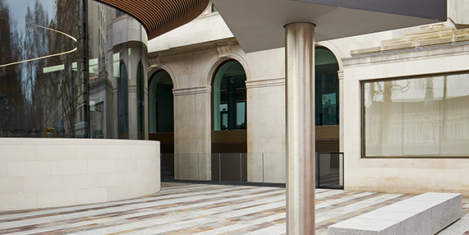

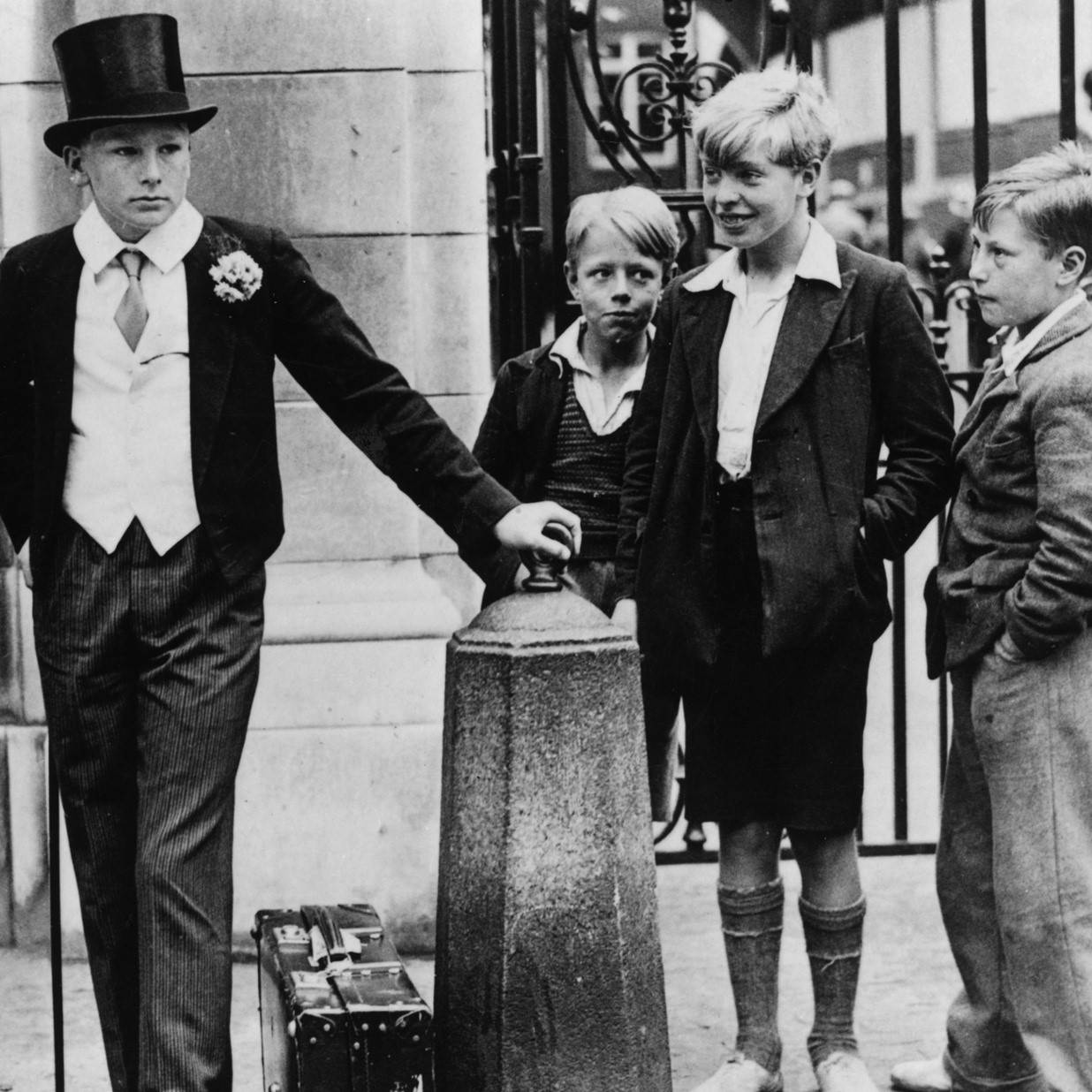














March 30, 2017
Social technology has the power to make the workplace more humane
by Amanda Sterling • Comment, Technology, Workplace
(more…)